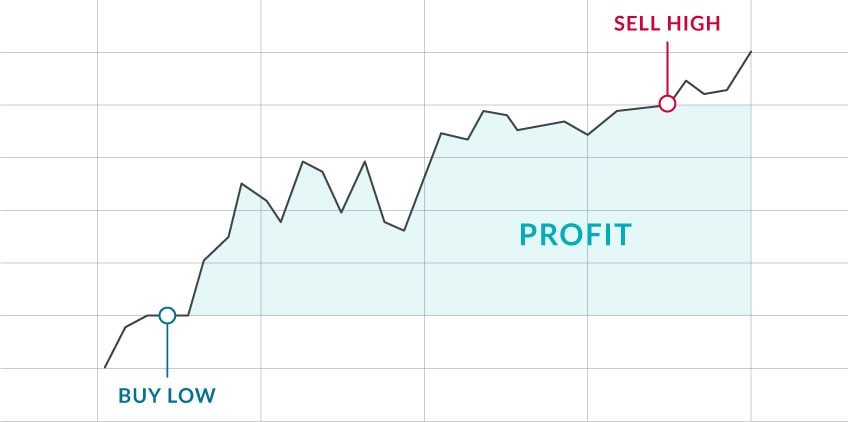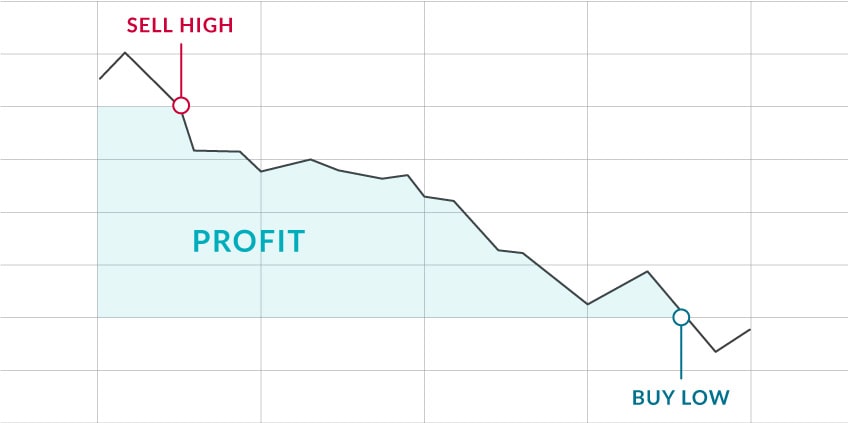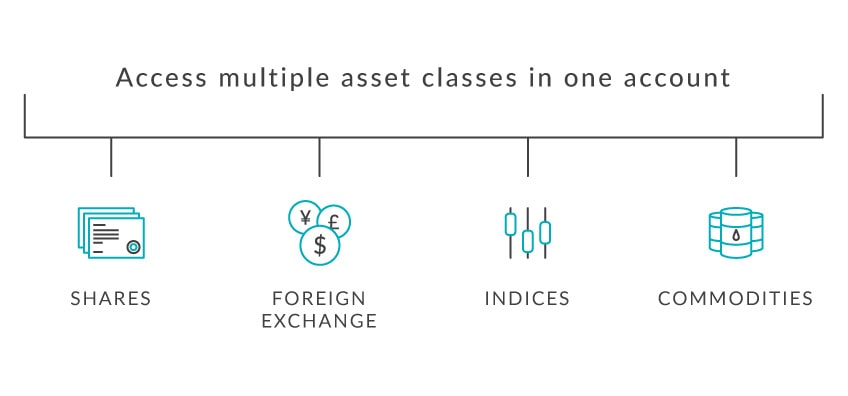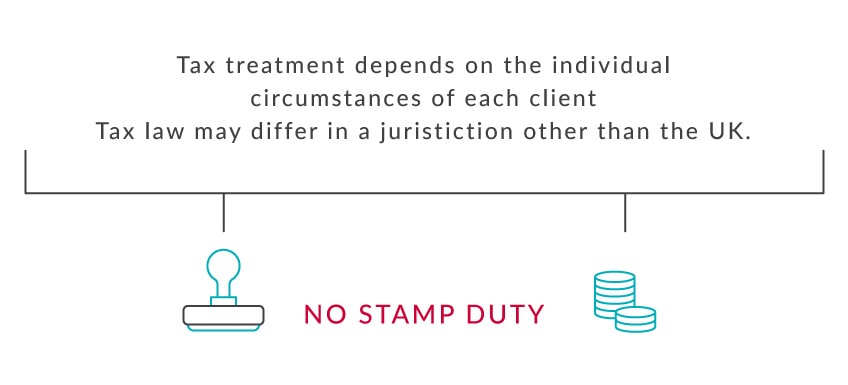Contracts for Difference or CFDs, as they are commonly referred to, are derivative instruments that enable traders to speculate on a wide range of financial markets, without taking direct ownership of the underlying asset. The contract referred to is an agreement between the buyer and the seller to exchange the difference between the opening and closing price of the asset being traded.
What Are the Advantages of Trading CFDs?
As derivative instruments, Contracts for Difference provide investors with a range of advantages when compared with other, more traditional forms of investment.
Trade Rising and Falling Markets
With CFDs, traders are able to speculate on both rising and falling markets. This means that there are more trading opportunities available, as profit can be made from buying or selling Contracts for Difference on a wide range of financial instruments. As an example, when an investor buys company shares or stocks, profit can only be earned if they rise in price. In comparison, with CFDs, an investor can also profit by selling shares if they believe a company’s stock value will drop.


Invest in a Wide Range of Markets
By registering with an online CFD broker like LCG (LCG), traders are able to invest in a wide range of financial markets through an online trading platform. From a single account, traders have access to Contracts for Difference on forex, shares, indices, spot metals, commodities, bonds and ETFs, providing a wide range of investment opportunities.

Trading on Margin
Through the use of financial leverage, investors are able to trade the markets with a smaller initial deposit. Essentially, leverage acts as a loan that a trader takes from their broker, enabling them to control larger CFD positions on the market by investing a smaller amount of capital, which is reserved as margin. This makes CFD trading more accessible and cost-effective than other investment methods.
No Stamp Duty
Another reason that CFD trading can be more cost-effective than other forms of investing is that, when trading Contracts for Difference, there is no stamp duty to pay. As CFDs are derivative instruments, an investor is not taking ownership of the underlying asset, as such, stamp duty does not apply.

What Are the Disadvantages of CFD Trading?
Although there are numerous benefits to CFD trading, an investor must also ensure they fully understand the risks involved when trading financial derivatives.
Leverage Can be a Double-Edged Sword
Trading on margin enables investors to open a CFD position on the market with a smaller initial deposit, however, it also carries a certain level of risk. If a trader enters the market undercapitalised and overleveraged, even the smallest price movements can wipe out their entire investment. As such, it is critical that an investor fully understands how CFD trading works and has a sound risk management strategy in place before opening a position.
Costs Can Grow Over the Long-Term
Although CFD trading can be a cost-effective method of investing in the financial markets, if positions are left open for extended periods and not managed effectively, costs can accrue over time. Investors looking to open long-term trades should be aware of additional costs, such as swap, that is charged for holding positions overn
 Change Language ▼
Change Language ▼

